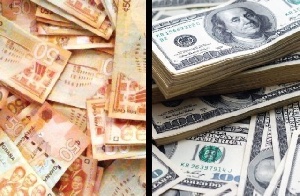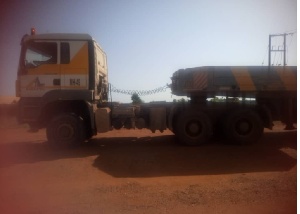Business News of Thursday, 29 May 2025
Source: www.ghanawebbers.com
Ghana cedi’s recent gains may be temporary without deeper reforms - APL
Africa Policy Lens (APL) is a policy research organization. It has praised Ghana’s recent macroeconomic progress. However, it warns that the cedi's appreciation may be temporary. This could happen without deeper structural reforms.
APL notes that the cedi appreciated significantly in early 2025. This rise was mainly due to temporary measures. The Bank of Ghana intervened heavily in the forex market, spending nearly $1 billion from January to May 2025. Tough fiscal decisions also played a role, including freezing government spending and suspending payments of arrears.
"These gains are encouraging but built on temporary pillars," APL stated. Sustainable stability requires deeper reforms.
Ghana experienced similar stability between 2017 and 2019 during the IMF Extended Credit Facility program. During this time, the cedi remained stable due to improved fundamentals and disciplined fiscal policy. Rising oil production and commodity prices also helped.
Today's policymakers can learn from that period. They should focus on long-term reforms instead of relying on short-term interventions.
“There are lessons from the past,” APL said. Sustainable stability must be based on strong fundamentals, not ad hoc measures.
In a press release dated May 27, 2025, APL highlighted potential risks if current strategies continue unchanged. Over-reliance on gold-backed interventions and deferred obligations could backfire if commodity prices fall or external financing becomes harder to obtain.
“Short-term tools like gold-backed forex support leave the economy vulnerable,” APL warned.
Analysts from S&P Global Ratings and Fitch Solutions have raised concerns about renewed depreciation of the cedi in late 2025 if structural imbalances return.
“Global credit watchers are flagging risks; Ghana must act swiftly,” APL emphasized.
APL calls for stronger policy actions now. These include completing debt restructuring and diversifying export revenue sources. Improved fiscal management is also crucial.
The organization stresses transparent communication from government institutions to maintain investor confidence.
“To keep momentum, reforms must be bold, and communication clear,” they stated.
In conclusion, while Ghana’s currency has recovered impressively, challenges remain ahead. “We must ensure these gains are preserved and built upon,” APL reiterated. Without long-term reforms, current stability may not last.











